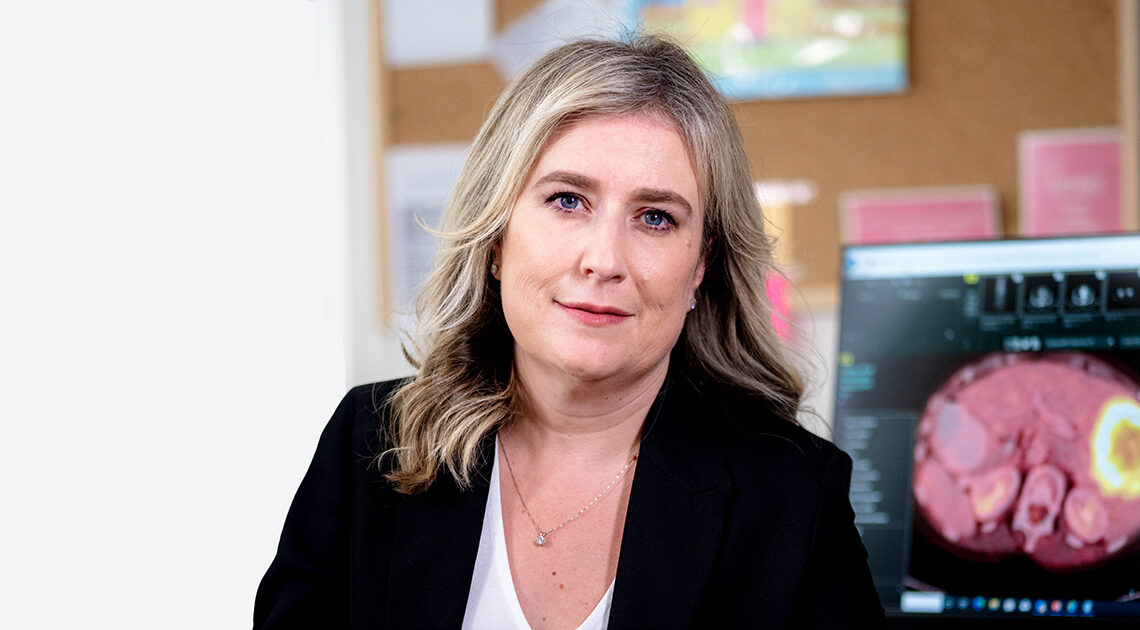
Dr. Shani Paluch-Shimon, head of the Breast Cancer Unit at the Hadassah Medical Organization, collaborated with experts from around the world in a study that Investigated the safety of breastfeeding after breast cancer in patients carrying germline BRCA pathogenic or likely pathogenic variants.
For many women, the journey through breast cancer is one of resilience, fear, and hope. But for those who carry BRCA gene mutations—known to significantly increase the risk of breast and ovarian cancers—the path is even more complex. And when these women become mothers after being diagnosed with breast cancer, a pressing question often arises: Is it safe to breastfeed?
A Global Effort to Answer a Personal Question
The global study by Dr. Shani Paluch-Shimon and her colleagues offers an encouraging answer. The Hadassah Medical Organization expert joined researchers from 78 medical centers around the world, who came together to investigate whether breastfeeding after breast cancer is safe for women with BRCA mutations. These mutations, passed down through families, are associated with a higher risk of developing breast cancer at a young age. The study focused on women diagnosed with stage I-III invasive breast cancer at age 40 or younger between 2000 and 2020.
Out of more than 4,700 BRCA carriers included in the study, 659 had a pregnancy after their cancer diagnosis. Of those, 474 gave birth—and among them, 110 chose to breastfeed.
What the Data Revealed
After excluding women who had undergone preventive double mastectomies before delivery or whose breastfeeding status was unknown, researchers compared outcomes between those who breastfed and those who didn’t.
The results? After a median follow-up of seven years, the risk of cancer returning locally or appearing in the opposite breast was not significantly higher in women who breastfed. In fact, the cumulative incidence of recurrence was slightly lower—29% in the breastfeeding group compared to 37% in the non-breastfeeding group. Importantly, there were no meaningful differences in disease-free survival or overall survival between the two groups.
Balancing Safety and Motherhood
The findings, published in the prestigious JNCI: The Journal of the National Cancer Institute, challenge a long-standing concern among breast cancer survivors and their doctors: that breastfeeding might somehow increase the risk of cancer recurrence. For BRCA carriers, who often face difficult decisions about preventive surgeries and family planning, this study offers a measure of clarity.
Breastfeeding is known to offer numerous benefits for both mother and child—from boosting infant immunity to fostering emotional bonding. Now, for young breast cancer survivors with BRCA mutations, it appears that choosing to breastfeed doesn’t compromise their health.
What This Means for Patients
While every patient’s situation is unique, this research underscores an important message: motherhood after breast cancer is possible, and breastfeeding can be part of that journey. Women with BRCA mutations should feel empowered to discuss their options with their healthcare providers, armed with evidence that supports both maternal and oncological well-being.
In the end, it’s not just about surviving cancer—it’s about living fully after it.
